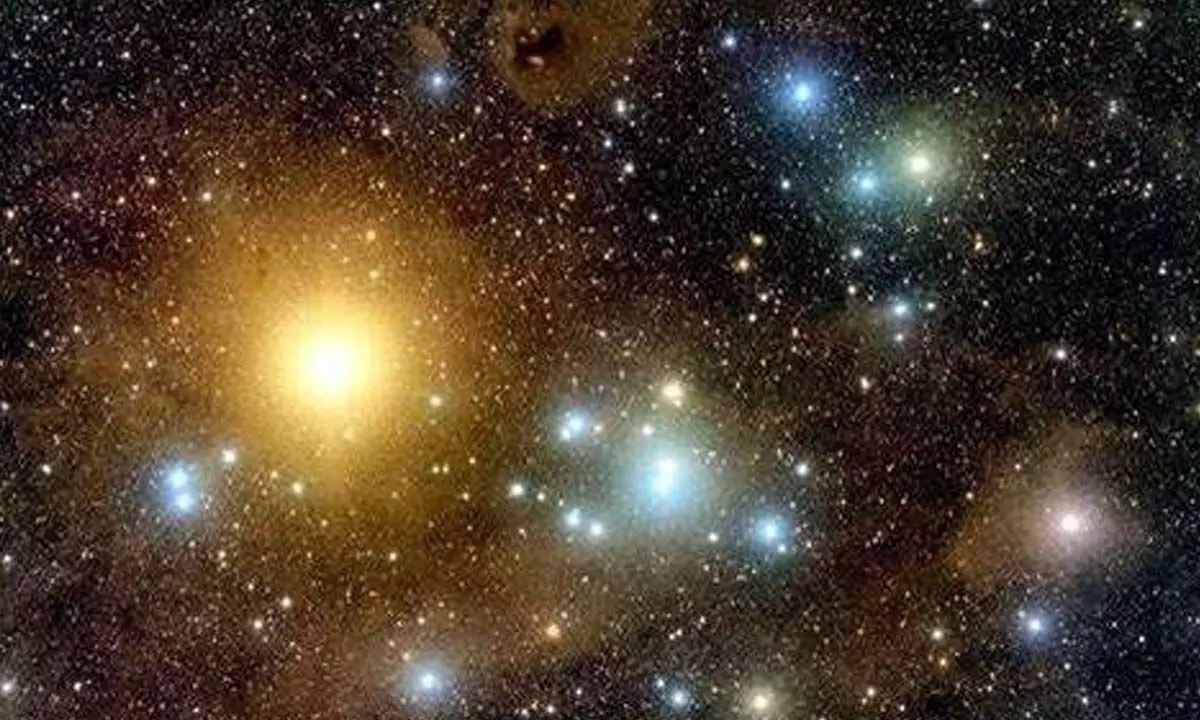Scientists hint at existence of closest black holes to Earth

Astrophysicists have hinted at the existence of several black holes in the Hyades cluster - the closest open cluster to our solar system - which would make them the closest black holes to Earth ever detected.
New Delhi: Astrophysicists have hinted at the existence of several black holes in the Hyades cluster - the closest open cluster to our solar system - which would make them the closest black holes to Earth ever detected.
To reach this conclusion, the study, published in the journal Monthly Notices of the Royal Astronomical Society, used simulations that track the motion and evolution of all the stars in the Hyades - located at a distance from the Sun of about 45 parsecs or 150 light-years - to reproduce their current state.
The simulation results were compared with the actual positions and velocities of the stars in the Hyades, which are now known precisely from observations made by the European Space Agency's (ESA) Gaia satellite.
"Our simulations can only simultaneously match the mass and size of the Hyades if some black holes are present at the centre of the cluster today (or until recently)," said Stefano Torniamenti, postdoctoral researcher at the University of Padua in Italy.
The new results indicate that the Hyades-born black holes are still inside the cluster, or very close to the cluster. This makes them the closest black holes to the Sun, much closer than the previous candidate, namely the black hole Gaia BH1, which is 480 parsecs from the Sun (One parsec is about 3.26 light-years).
"This observation helps us understand how the presence of black holes affects the evolution of star clusters and how star clusters in turn contribute to gravitational wave sources," said Mark Gieles, a member of the University of Barcelona (UB) Department of Quantum Physics and Astrophysics.
"These results also give us insight into how these mysterious objects are distributed across the galaxy”.

















